Published in 1998 by
Routledge
711 Third Avenue
New York, NY 10017
Published in Great Britain by
Routledge
2 Park Square, Milton Park, Abingdon,
Oxon OX14 4RN
Copyright 1998 by Stanley A. Renshon
All rights reserved. No part of this book may be reprinted or reproduced or utilized in any form or by any electronic, mechanical, or other means, now known or hereafter invented, including photocopying and recording, or in any information storage or retrieval system without permission in writing from the publishers.
Errata
Page 316, line 28: martial should read marital.
Page 340, line 10: change five to four.
Page 341, line 2: change Fourth to Third.
Page 341, line 38: change Fifth to Fourth.
Bibliography
Page 487, line 2: Kelley should read Kelly.
Library of Congress Cataloging-in-Publication Data
Renshon, Stanley A.
The psychological assessment of presidential candidates / by Stanley
A. Renshon : with a foreword by Alexander L. George.
p. cm.
Originally published: New York : New York University Press, c1996.
ISBN 0-415-92146-5 (pbk.)
1. Presidential candidatesUnited StatesPsychology. I. Title.
[E176. 1.R396 1998]
T he duties, tasks, and responsibilities we have assigned to the president have grown enormously in magnitude and complexity since the depression of the 1930s. The role of the federal government expanded rapidly, and this trend was accompanied by the belief that we must look to the president as the engine of progress, the savior of the political system, the fulcrum of the entire governmental system. Given the emergence of this heroic conception of the presidency, it naturally followed that the president should be given additional resources and powers needed to perform the critical tasks that only he could be expected to discharge effectively. The White House grew enormously in numbers and activities and, indeed, became a miniaturization of the entire executive branch.
No one who favored the enhancement of the role and powers of the presidency anticipated the results of this trend. The president's job has become so complex and so demanding that it virtually defies accurate description in comprehensible terms. Any reasonably successful effort to describe the president's job, such as Thomas Cronin's The State of the Presidency (1975), only serves to raise sober questions regarding the ability of any incumbent president to perform the job effectively with any degree of consistency.
Indeed, it has become harder than ever to state confidently what the qualifications are for the job and who can be expected to perform them effectively and acceptably. Some years ago, experts on the presidency, having Harry Truman in mind, could quip (somewhat facetiously but also with a degree of seriousness) that however inadequately prepared or personally unsuited for the presidency a man might appear to be, the presidency would bring out the best in him, and the nation would somehow be adequately served. But this concept of the presidency as a kind of reform school fell into disfavor. After Lyndon B. Johnson, Vietnam, Richard M. Nixon, and Watergate, a gloomier view of the presidency took hold which viewed it as a job that seemed to bring out not the best but the worst in each new incumbent. Until Watergate, Americans were more interested in doing what was necessary to strengthen the presidency in order to enhance the performance of any incumbent of the White House than they were concerned about his accountability.
These two developmentsthe historical trend towards a much more complex and demanding set of presidential duties and the dismay generated by gross abuse and misuse of presidential powerdo much to explain the tendency of the electorate to regard character as a major requirement for the office. Character became for many of us the answer to the difficult question, What are the essential qualifications for performing the increasingly complex and difficult responsibilities of the enhanced presidency? And character seemed the best explanation for misuse and abuse of presidential power.
Overlooked was the disconcerting fact that the politician's role in our political system andthe apparent requirements for political advancement and success may activate in some of those who participate in the political game darker sides of personality and may reward unsavory skills and behaviors. As Willard Gaylin (1973) put it, the nature of politicsas of businessmay attract sociopathic and paranoid personality types: The capacity to be ruthless, driving, and immoral, if also combined with intelligence and imagination, can be a winning combination in politics as well as in commerce. Sociopathic and paranoid personality traits that are most dangerous in people of power are precisely those characteristics most suitable for the attainment of power in a competitive culture such as ours. One need not subscribe fully to Gaylin's unsettling observation to recognize that in underlines the importance of the character of candidates for high office.
This book provides an important, much-needed analysis of this central aspect of American political life. The issue of the character and psychological suitability of candidates for the presidency has received increasing attention and emphasis in presidential campaigns in recent decades. Some observers would go so far as to say that character has been the dominant issue in the last few elections. And the issue of character will almost certainly be central in 1996 and for decades to come.
The author, Stanley Renshon, is highly qualified for the assignment he undertakes in this book. He traces the historical evolution of the growing preoccupation with the character issue. Efforts to assess the psychological suitability of candidates for this high office in the past have had a markedly subjective and political cast. Nowhere was this more flagrantly evident than in the FACT magazine survey in 1964 in which over 2,000 psychiatrists were asked to judge whether Barry Goldwater was psychologically fit to serve as president, which Renshon discusses in Chapter 5. Comments offered by respondents in the

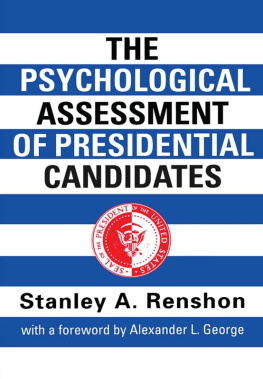
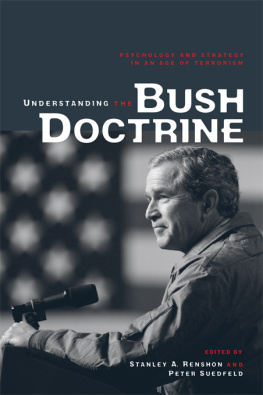
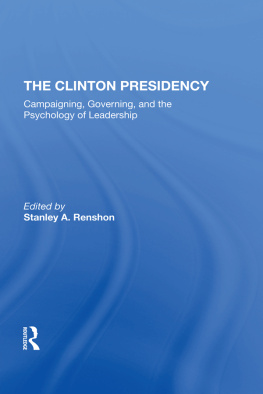
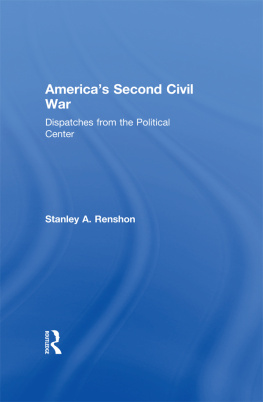
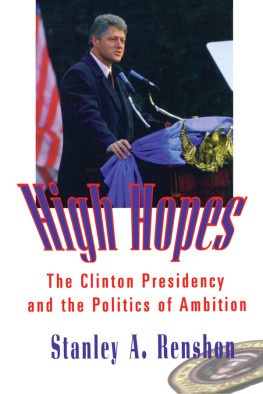
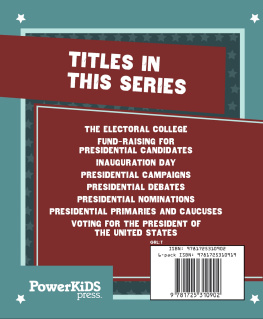
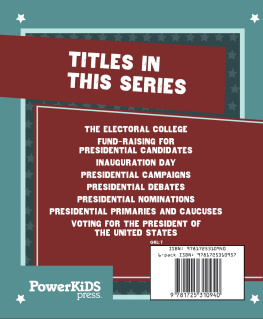

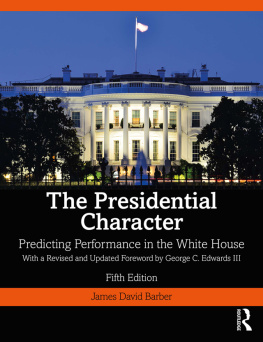
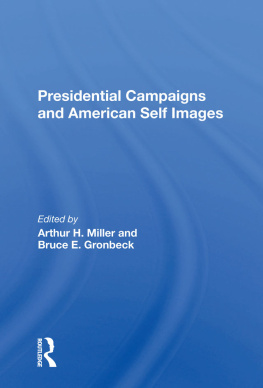

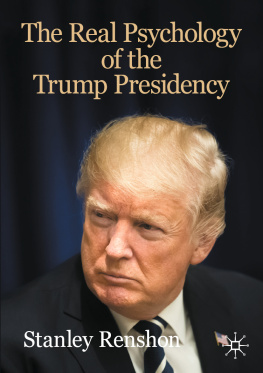
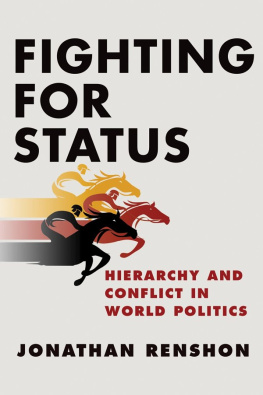



 Contents
Contents
